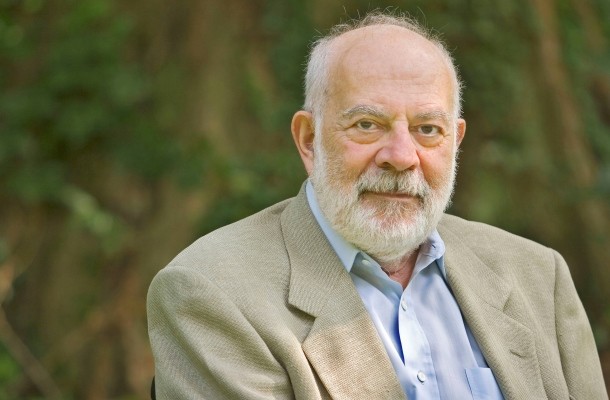Last Sunday we put up a post riffing off four articles which said something about the nature of politics. Without exactly saying so, we were talking about democratic politics and about how it can be a long, hard slog. We mentioned ‘the complexity of democracy and the permanence of its questions’. Of course, it is possible to see politics in much simpler terms. These four articles below hint at that:
- Deakin University’s Ben Wilkie writes in The Spectator about the need for conservatives to keep an eye on far right organisations as they become more prominent.
“All right-thinking individuals should denounce neo-Nazi and other white supremacist radicals hoping to co-opt disenchantment with the political establishment”, Wilkie says. “This is not up for debate; they are Nazis.”
- Isabel Best in The Guardian discusses events in Europe and the United States and quotes a number of historians.
[Columbia University historian Simon] Schama Schama is clear: Trump is obviously not Hitler. “But, you know, if you like, he’s an entertainment fascist, which may be less sinister but is actually in the end more dangerous. If you’re not looking for jackboots and swastikas – although swastikas are indeed appearing – there’s a kind of laundry list of things which are truly sinister and authoritarian and not business as usual.”
- Harvard’s Stephen M. Walt in Foreign Policy magazine has a handy list of ten ways to tell if your president is a fascist – and this is where the link to democracy comes up. Walt says:
[I]t’s entirely possible that Trump will uphold his oath to defend the Constitution and stay within legal lines. But given his past conduct, expressed attitudes, and bomb-throwing advisors, I think there are valid reasons to think the constitutional order that has prevailed in the United States for more than two centuries could be in jeopardy … To repeat: I am not saying this dark scenario of subverted democracy is likely, only that it is far from impossible. Democracy has broken down in plenty of other countries, and there is no reason to think the United States is completely immune from this danger.
- Compare Walt’s list of ten indicators with other material on fascism, including similar lists and analyses, here, here, here and here. Most of these look at Australian history and prospects. The important thing is not just that a characteristic like, say, demonisation of opponents, can be detected, but how much of it there is.
- Finally, there is a brief piece by Richard King, Fremantle freelance writer, in The Monthly about the language and instincts of this phase in the history of democracy. He also quotes the excellent Harry Frankfurt’s little book, On Bullshit, which we recently referred to also. Says King: ‘We no longer expect politicians to be honest or to follow through on their policies; we ask only that they are not so brazen that politics itself is revealed as a sham’. The Greeks would have had a word for it.
 Is bullshit the currency of the post-truth phase of democracy? Harry G Frankfurt, author of On Bullshit (Faznet)
Is bullshit the currency of the post-truth phase of democracy? Harry G Frankfurt, author of On Bullshit (Faznet)
Other material on the implications of Trump, internationally and for Australia.
4 December 2016


Leave a Reply
You must be logged in to post a comment.